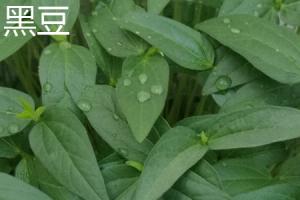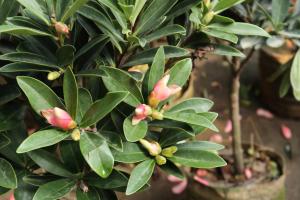Introduction
Bleach is a common household cleaner that is used to disinfect surfaces and remove stains. However, many people wonder if it is safe to use bleach water on plants. In this article, we will explore whether bleach water is good for plants, and if so, how it can be used safely and effectively.
What is bleach water?
Bleach water is a solution made from diluted bleach and water. The most common type of bleach used for cleaning purposes is sodium hypochlorite. This chemical is known for its strong disinfectant properties and is commonly used in household cleaning products.
Is bleach water good for plants?
The answer to this question is somewhat complicated. While bleach water can be used to disinfect soil and plant containers, it is not generally recommended for use on plants themselves. This is because bleach is a powerful chemical that can be harmful to plants if not used carefully.
How can bleach water be used on plants?
If you need to disinfect plant containers or equipment, bleach water can be used. The recommended dilution is 1 part bleach to 9 parts water. Soak the container in the solution for 10-15 minutes, then rinse it thoroughly with water. Be sure to use gloves and goggles when handling bleach water to protect your skin and eyes.
What are the risks of using bleach water on plants?
The risks of using bleach water on plants include root damage, leaf burn, and even plant death. Bleach water is a very strong and corrosive chemical that can damage the delicate tissues of plants if not used properly. Therefore, it is important to exercise caution when using bleach water on plants.
Alternatives to bleach water for plant disinfection
If you want to disinfect your plants or plant containers without using bleach water, there are several alternative methods you can try. One option is to use hydrogen peroxide instead of bleach. Hydrogen peroxide is a milder disinfectant that is less likely to damage plants. Another option is to use a vinegar-water solution, which can be used to disinfect plant containers and equipment.
Conclusion
In conclusion, bleach water can be useful for disinfecting plant containers and equipment, but it is not generally recommended for use on plants themselves. If you choose to use bleach water, be sure to dilute it properly and exercise caution when handling it. Alternatives like hydrogen peroxide and vinegar-water solutions can also be effective for disinfecting plants and equipment while minimizing the risk of damage to plants.

 how many times do yo...
how many times do yo... how many planted tre...
how many planted tre... how many pine trees ...
how many pine trees ... how many pecan trees...
how many pecan trees... how many plants comp...
how many plants comp... how many plants can ...
how many plants can ... how many plants and ...
how many plants and ... how many pepper plan...
how many pepper plan...































